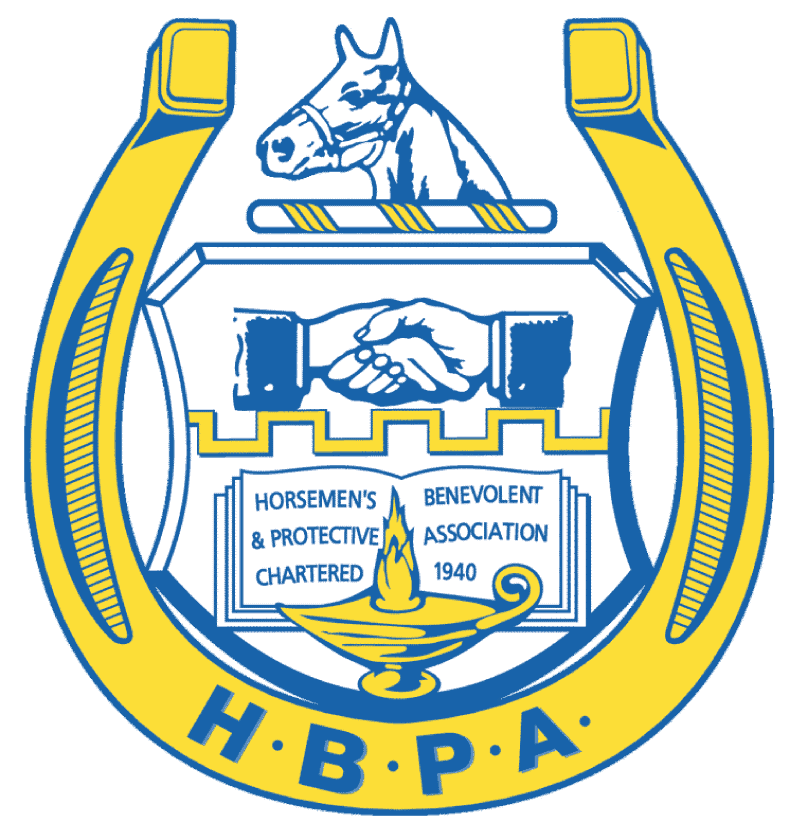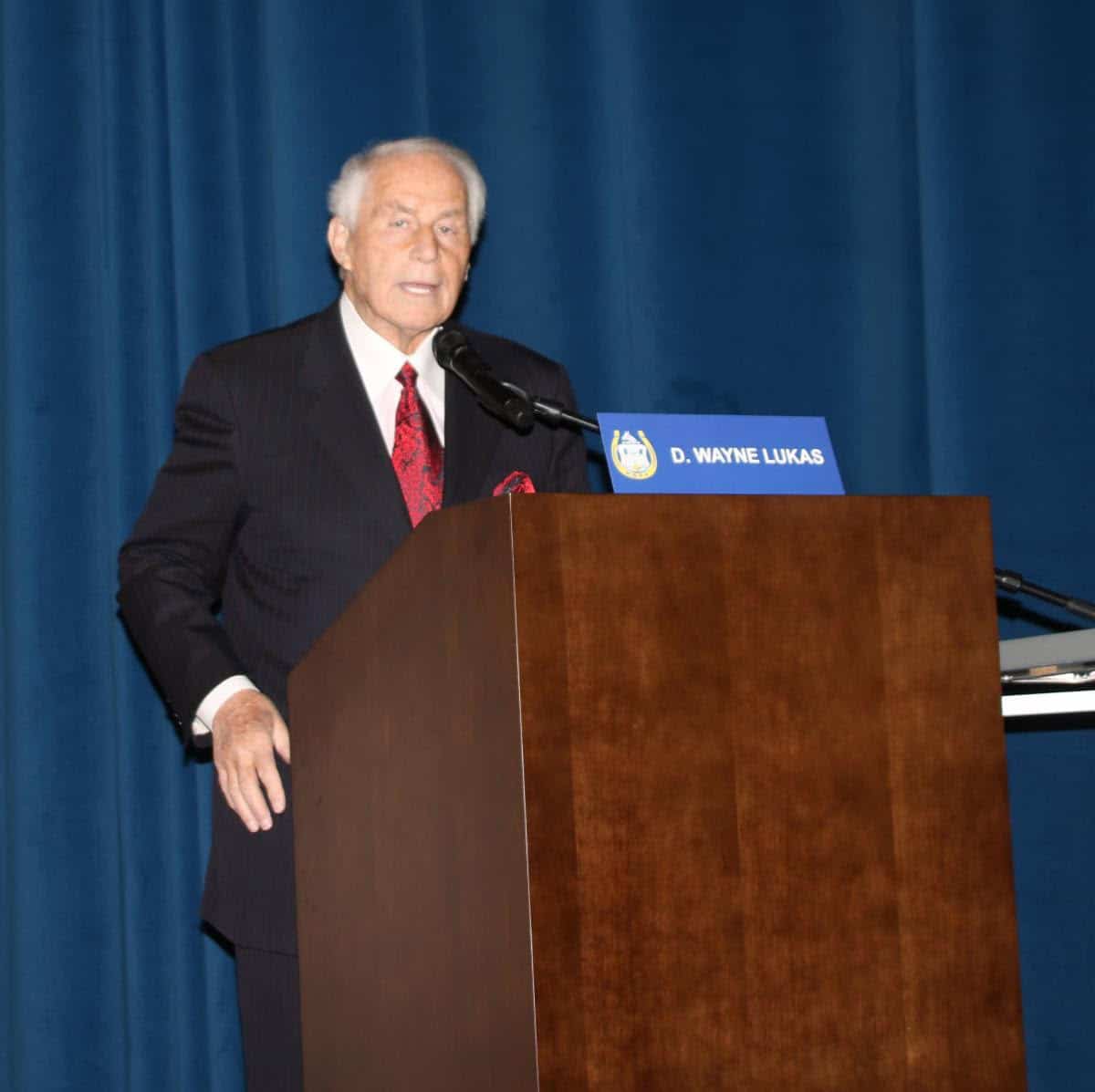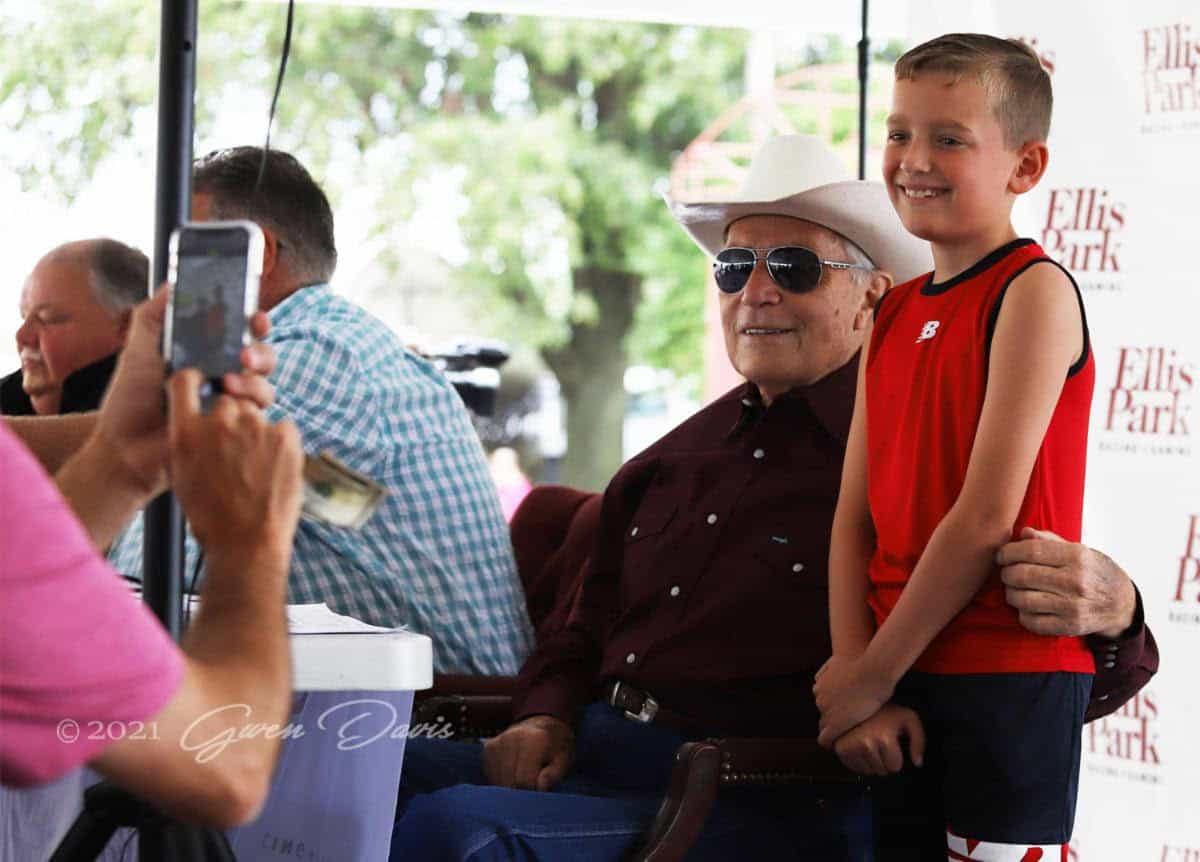Ohio Supreme Court Considers Racino Case
Blood-Horse
Critics of a decision by Gov. John Kasich to legalize video lottery terminals at seven Ohio horse tracks and share proceeds with casino operators running the facilities asked the state Supreme Court to allow a lawsuit against the move to go forward.
Kasich improperly expanded the Ohio Lottery by allowing VLTs without getting voter approval, according to the complaint filed by the conservative anti-gambling group Ohio Roundtable.
The group argues VLTs aren’t a constitutional form of gambling and lottery proceeds in Ohio must go to education. At the heart of its argument is not whether Ohio should have casinos as authorized by voters in 2009, but whether with that constitutional amendment in place VLTs were properly added to racetracks two years later.
Attorneys for the state claim the governor was within his rights. The court heard arguments from both sides June 23 but not on which side should prevail. Instead, the court must first decide whether the Ohio Roundtable can proceed with the lawsuit.
Attorney Thomas Connors, representing the anti-gambling group, said state law allows such a lawsuit to be brought by citizens “if they are beneficially interested.”
“And this court, on 13 occasions throughout its history, has defined beneficial interests to include citizens’ interests in the execution of the laws,” Connors said.
State solicitor Eric Murphy said the group hadn’t met the burden of showing its members suffered an injury by Kasich’s actions. To do that, it must prove “you have an injury, that the person on the other side of the law could cause that injury, and that whatever type of judicial relief you’re seeking would remedy that,” Murphy said.
A court decision is expected by the fall.
Justices agreed two years ago to decide whether the Ohio Roundtable can go ahead with the lawsuit. That was after the 10th Ohio District Court of Appeals unanimously upheld a judge’s ruling in March 2013, saying the Ohio Roundtable lacked legal standing in the case and couldn’t proceed.
The high court postponed proceedings until a similar standing issue could be decided involving Kasich’s privatized job-creation office, JobsOhio. The administration has since won that case.
In 2009, Ohio voters approved casino gambling at four sites in the state with backers promising new jobs and opponents warning about more gambling addicts. Casinos moved forward in Cleveland, Columbus, Toledo, and Cincinnati.
An agreement Kasich signed after the vote allowed a gambling company building two of the casinos to move its two horse racing tracks to other locations to avoid competition between tracks and casinos. Under the deal, Pennsylvania-based Penn National Gaming Inc. agreed to pay the state $150 million in relocation fees.





